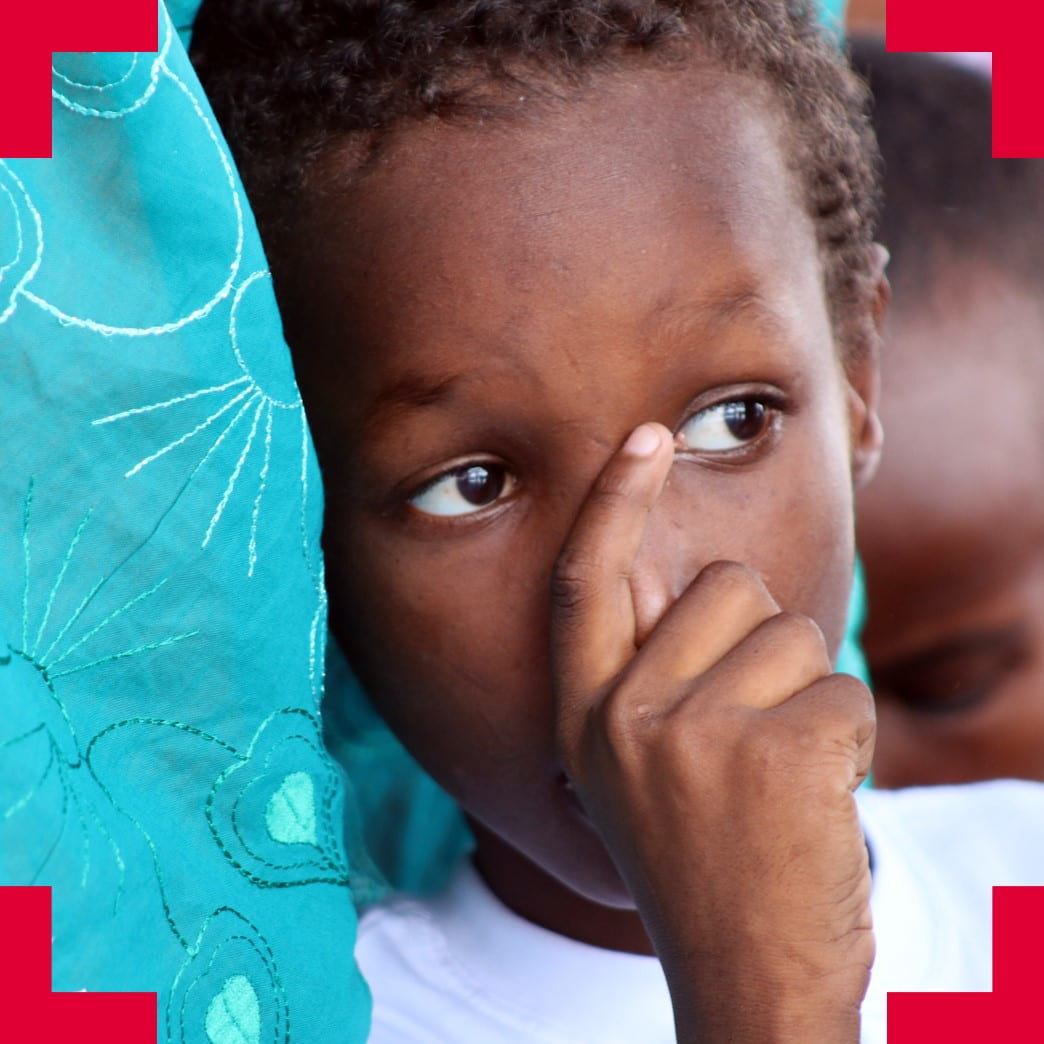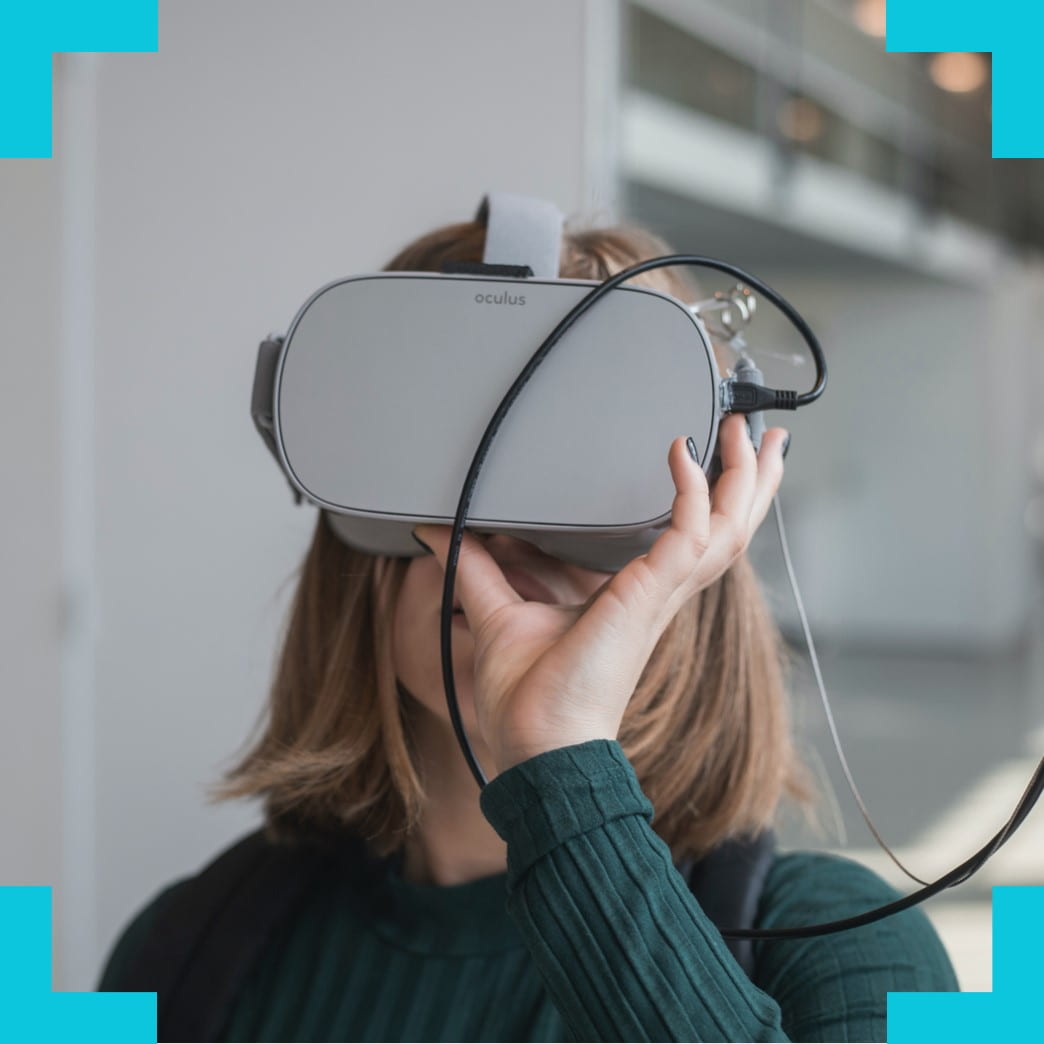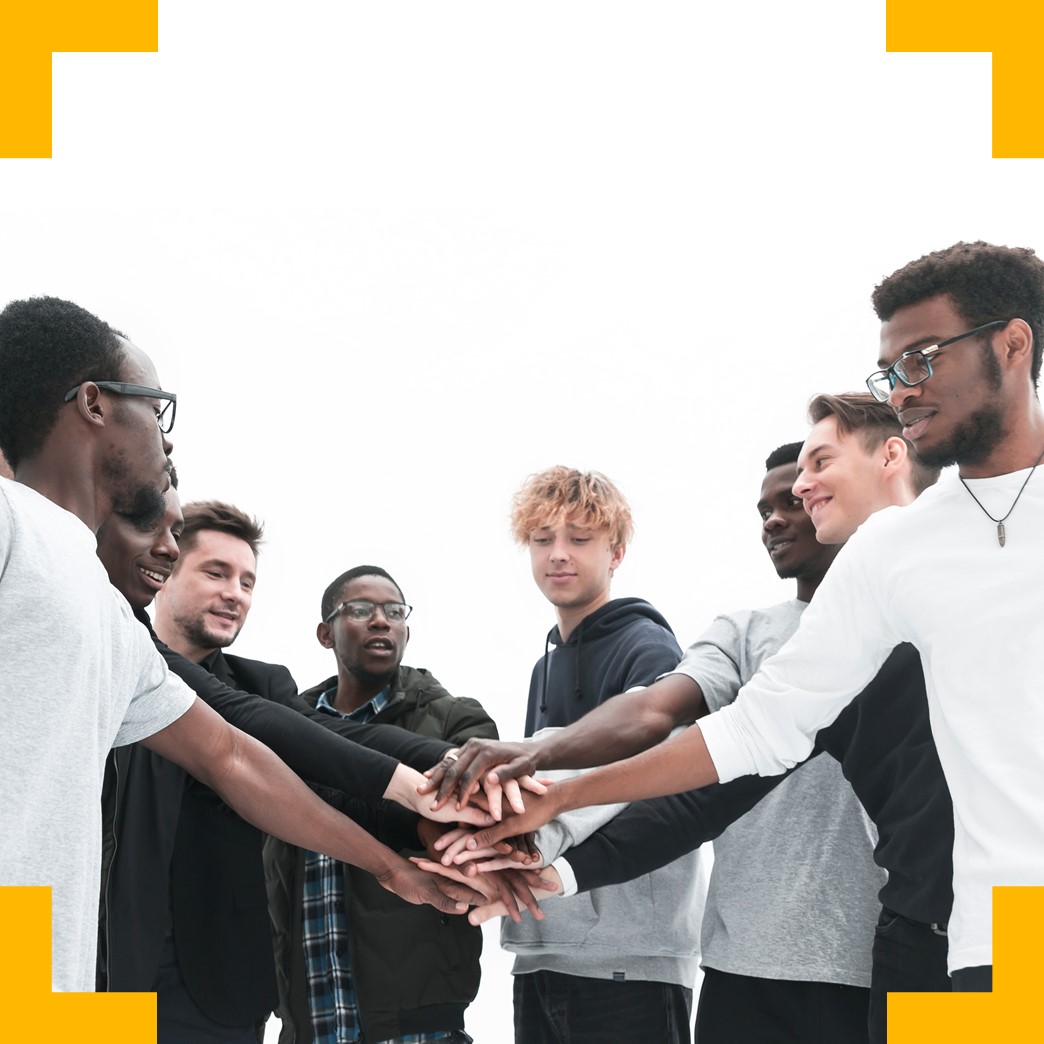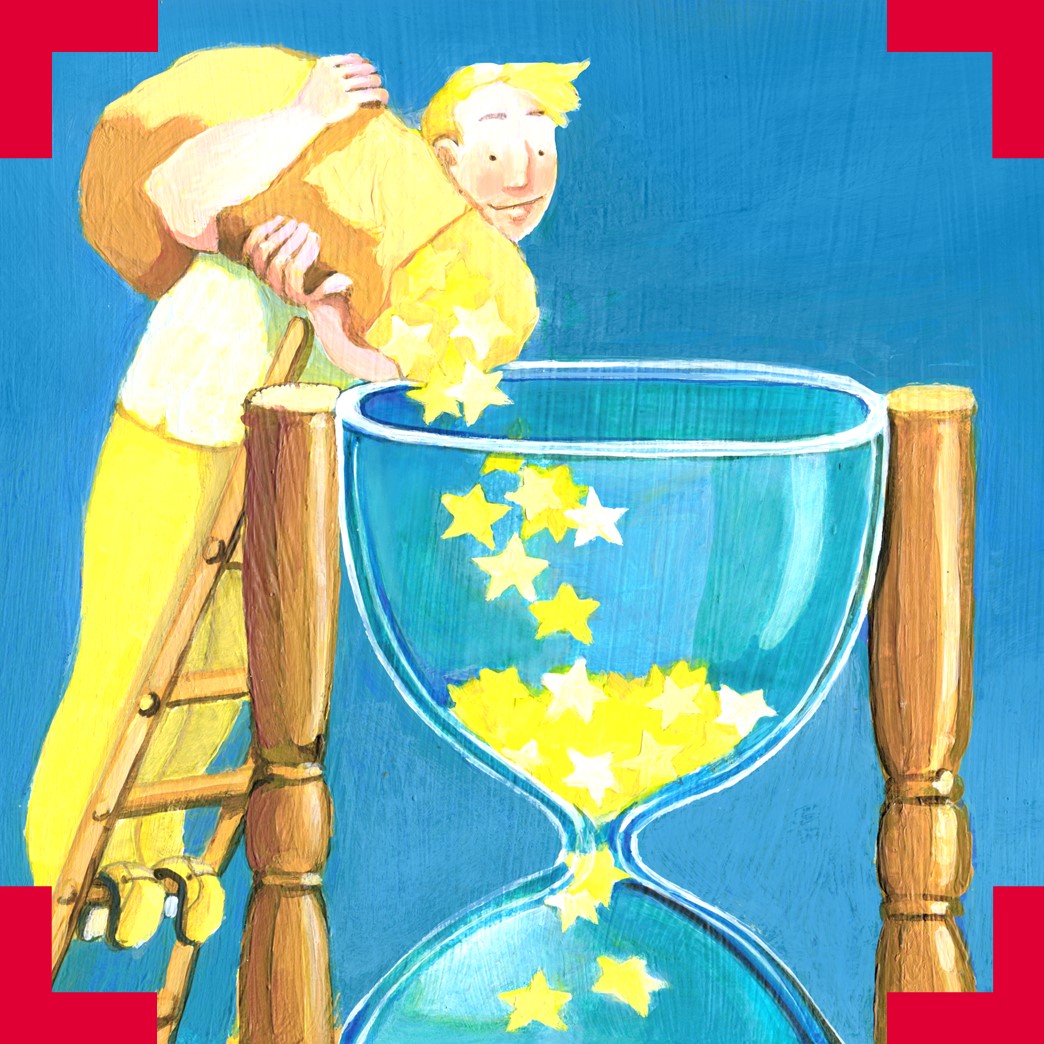-

Previous work has drawn connections between the professional experience of health visitors, early years educators, developmental therapists and doctors, the systematic review of quantitative and qualitative literature, the experiential and interactional world of migrant families in a British inner city, …
-

The world faces unprecedented challenges of ecological sustainability, including climate change, biodiversity loss and depletion of natural resources. Educators and researchers are well-placed to engage with these issues by considering how our curriculums can respond to these challenges. Little research …
-

All young people’s well-being, regardless of where they live, their race, gender, or social class, is essential for personal and professional success. This ideas exchange pilot project brought together young entrepreneurs (creative, social, sustainable, financial, political) who face structural inequalities …

Brigstow brings researchers from different disciplines together with a range of partners across the city and beyond to experiment in new ways of living and being.






